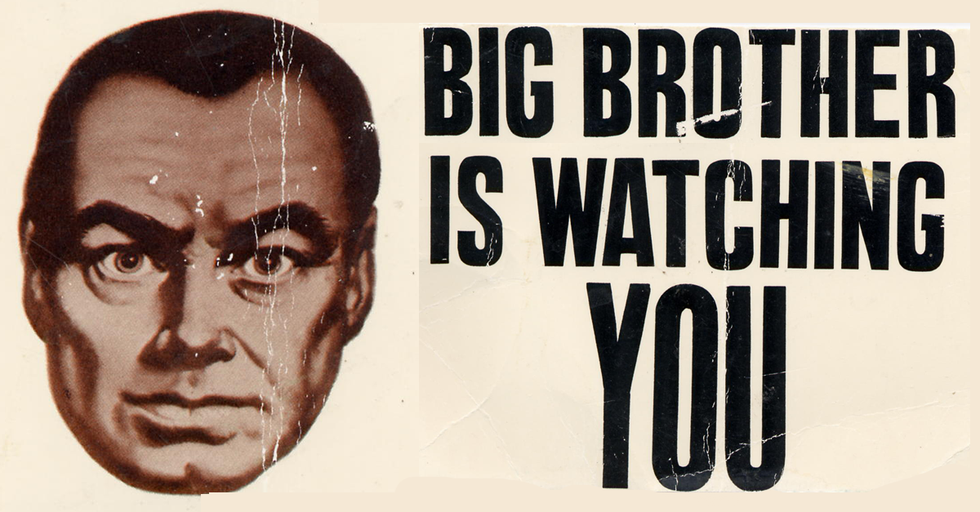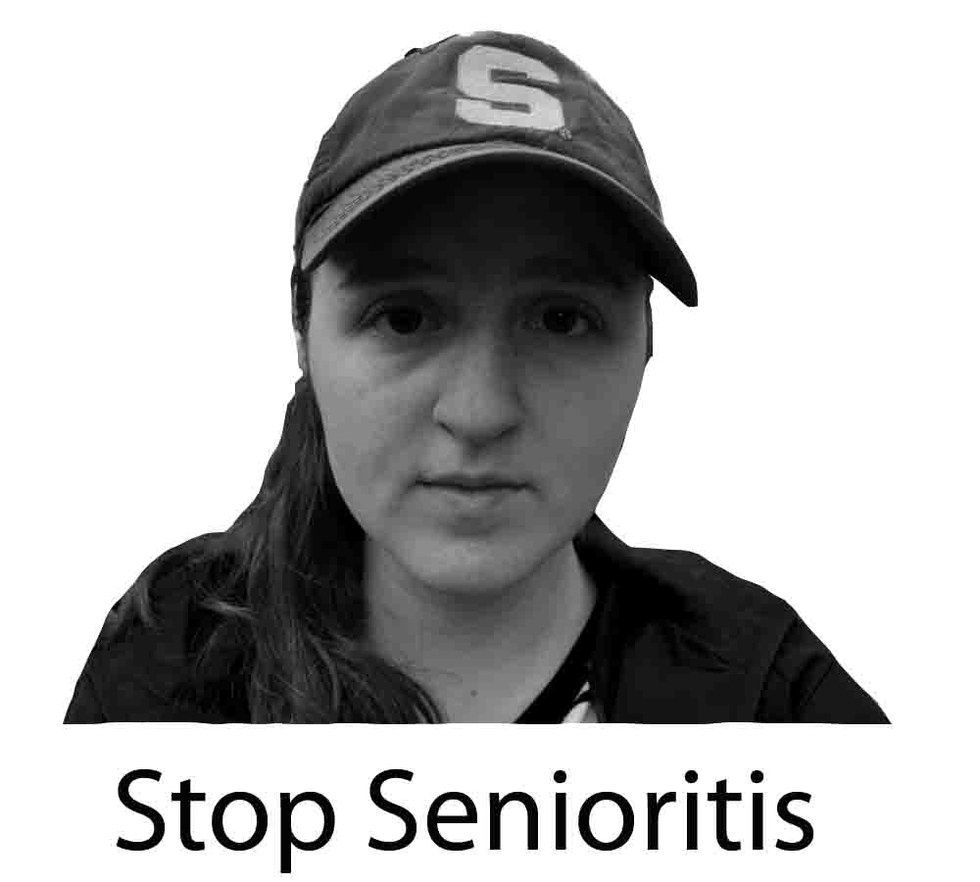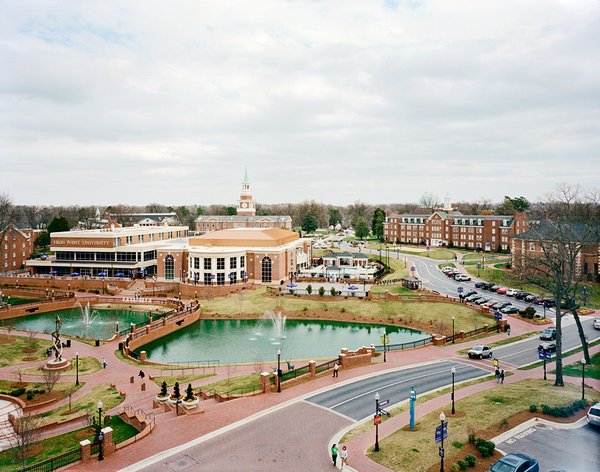“The best books... are those that tell you what you know already."
When I began my student teaching internship in August and noticed I would be teaching "1984" by George Orwell in January I was excited. I read the novel in high school and was enthralled with the idea of a dystopian future such as the one main character Winston Smith lives in. However, as January approached and a new President was elected I realized quickly how pertinent of a time it is to be teaching this novel.
- Do individuals have the power to change the society in which they live?
- In what ways are aspects of society depicted in “1984,” reflected in our own society today? (Remember the novel was published in 1949- almost 70 years ago!)
- In what ways do we dehumanize each other daily? In what ways do we see this in “1984”?
These are the essential questions I am using as the focus of our reading. A book that I found interesting and thrilling to read has now become an important resource in what many would argue is a world becoming similar to the one depicted in "1984."
In order to reinforce the kind of environment Winston Smith lives in I created a dictatorship in my classroom. The concept is that as a class of seniors we will work to stop the often stereotyped phrase "senioritis." If this phrase is new to you it is, in essence, a period of time-usually beginning just after Christmas- where high school seniors start to lose motivation in their academics and begin to check out mentally from school. Therefore, in order to truly give these students the Big Brother experience, I put up flyers all over school with my serious countenance looking down on all.
So, how does our society depict that of Winston's? When your country's leader is more concerned about calling out the media for being "fake news," when a representative of the President claims the administration is using alternative facts to further their agenda, and when the government is impeding on human rights, that is how our society depicts Winston's. These students, just five years younger than myself, are attached to their phones and the social media that connect them to their friends. So when I present them with TED Talks that discuss privacy and give them real-world individuals who are resisting-Edward Snowden, thousands of protestors- they begin to wake up to the reality they live in.
A major point, that has recently hit home for me, is the description of the proles in the novel. They are the nameless, mindless group of people who make up 85% of the population of fictional Oceania. Winston believes that the hope lies within the proles to overthrow the government because of their massive numbers. Yet, they spend their time indulging in irrelevant and meaningless things in the novel. Sound familiar?
Why don't they speak out against the government? Why do they allow Big Brother, the fictional figurehead in the novel, to continue his regime? Why don't we have more protests against our government? Why don't we call, tweet, email our politicians to sway a vote in Congress?
What does resistance look like?
This novel may have been one of my favorites for its enthralling plot, but it has now become one of my favorites because it challenges me and my students to question the society we live in.








 Energetic dance performance under the spotlight.
Energetic dance performance under the spotlight. Taylor Swift in a purple coat, captivating the crowd on stage.
Taylor Swift in a purple coat, captivating the crowd on stage. Taylor Swift shines on stage in a sparkling outfit and boots.
Taylor Swift shines on stage in a sparkling outfit and boots. Taylor Swift and Phoebe Bridgers sharing a joyful duet on stage.
Taylor Swift and Phoebe Bridgers sharing a joyful duet on stage.













